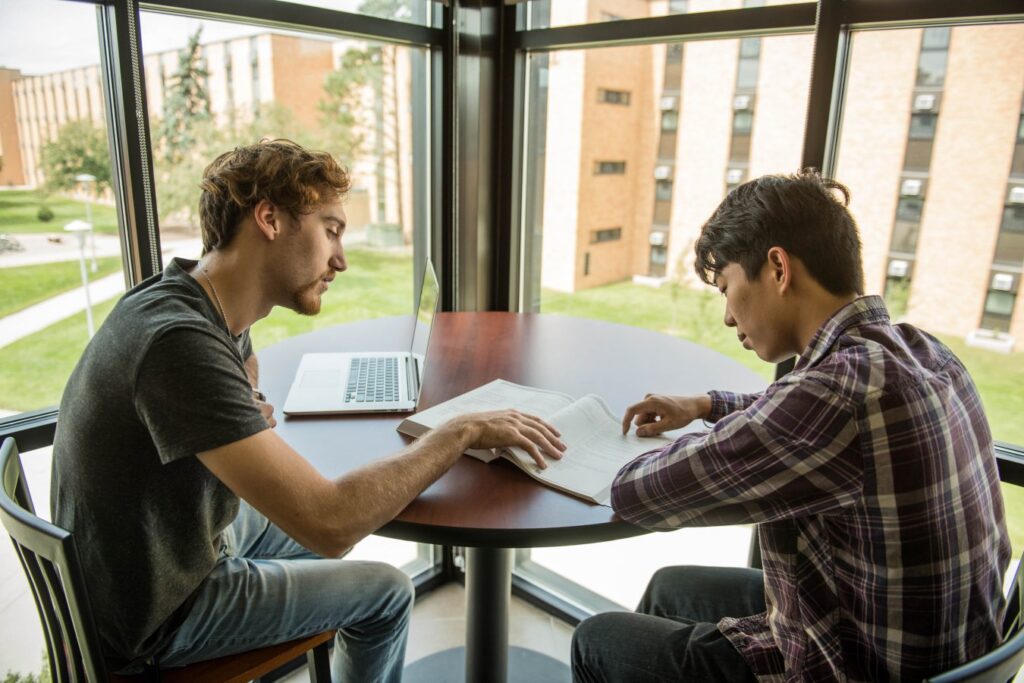Navigating the Landscape of Academic Recovery in Italy
Introduction
In the heart of Milan, institutions like Centro Studi Telesio have become pivotal in addressing the educational needs of students seeking to recover lost academic years. This phenomenon of “recupero anni scolastici” has gained prominence across Italy, reflecting a broader societal commitment to lifelong learning and educational attainment.
Understanding Academic Recovery
“Recupero anni scolastici,” or academic recovery, refers to specialized educational programs designed to help students make up for lost time in their studies. These programs enable individuals who have interrupted their education or fallen behind to complete multiple school years within a condensed timeframe, ultimately achieving their diplomas or degrees.
Reasons for Academic Interruptions
Various factors contribute to interruptions in a student’s academic journey:
- Personal Challenges: Health issues, family responsibilities, or personal crises can lead to extended absences from school.
- Economic Factors: Financial constraints may force students to prioritize work over education.
- Academic Difficulties: Struggles with coursework can result in repeating years or dropping out.
- Relocation: Moving to a new city or country can disrupt educational continuity.
The Italian Educational System and Academic Recovery
Italy’s secondary education system comprises:

- Liceo (Lyceum): Focused on theoretical subjects, preparing students for university.
- Istituto Tecnico (Technical Institute): Combines theoretical and practical subjects, geared towards specific professions.
- Istituto Professionale (Professional Institute): Emphasizes vocational training for various trades.
Each path typically spans five years, culminating in the “Esame di Stato” (State Exam), which grants access to higher education or professional opportunities.
Regulations Governing Academic Recovery
Italian educational regulations permit students to enroll in academic recovery programs, allowing them to complete multiple years in a shorter period. However, certain guidelines must be followed:
- Minimum Duration: The law stipulates a minimum recovery period, often requiring at least three years to complete the full secondary education cycle, even when combining multiple years.
- Assessment and Examinations: Students must pass assessments to demonstrate competency in each subject before progressing.
- Accredited Institutions: Enrollment in recognized institutions ensures the validity of the diploma obtained.
Institutions Facilitating Academic Recovery
A variety of institutions across Italy offer academic recovery programs:
- Traditional Schools: Some public and private schools provide evening classes or specialized courses for returning students.
- Dedicated Recovery Centers: Organizations specializing in academic recovery, such as Grandi Scuole, offer tailored programs to meet individual needs.
- Online Platforms: Digital schools like iScuola enable students to study remotely, providing flexibility for those balancing other commitments.
Choosing the Right Institution
When selecting an academic recovery program, consider:
- Accreditation: Ensure the institution is recognized by the Italian Ministry of Education.
- Flexibility: Look for programs that accommodate personal schedules, especially for working individuals.
- Support Services: Access to tutors, counseling, and additional resources can enhance the learning experience.
The Role of Online Education
The rise of online education has revolutionized academic recovery, offering:
- Accessibility: Students can engage with coursework from any location.
- Personalized Pacing: Online programs often allow learners to progress at their own speed.
- Resource Availability: Digital platforms provide a wealth of materials, including recorded lectures and interactive exercises.
Challenges and Considerations
While online education offers numerous benefits, potential challenges include:
- Self-Discipline: Success requires strong motivation and time-management skills.
- Technological Access: Reliable internet connectivity and appropriate devices are essential.
- Limited Social Interaction: The virtual environment may lack the social aspects of traditional classrooms.
Success Stories and Testimonials
Many individuals have successfully navigated academic recovery programs, achieving their educational goals and opening new career opportunities. Testimonials often highlight:
- Renewed Confidence: Completing a recovery program can bolster self-esteem and motivation.
- Career Advancement: Obtaining a diploma or degree can lead to better job prospects and higher earnings.
- Personal Fulfillment: Education often enriches personal development and life satisfaction.
Conclusion
Academic recovery programs in Italy play a crucial role in providing second chances to students who have experienced educational interruptions. By understanding the available options, regulations, and considerations, individuals can make informed decisions to successfully navigate their return to education. Institutions across the country stand ready to support these journeys, reflecting a national commitment to lifelong learning and personal growth.
